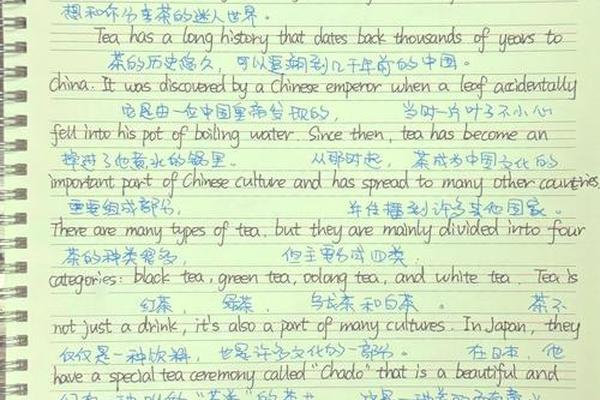Origin and Development of Hakka Culture
1. Historical Roots:

Hakka culture originated from the migration of Han Chinese from the Central Plains (Yellow River region) during the 4th to 13th centuries, particularly escaping wars and natural disasters such as the fall of the Jin and Song dynasties. These migrants settled in southern China (modern-day Guangdong, Fujian, and Jiangxi) and blended with local ethnic groups like the Yao, She, and Miao, forming a unique cultural synthesis that retained core elements of Confucianism while absorbing indigenous practices.
2. Cultural Identity:
The term "Hakka" (客家, "guest families") reflects their status as migrants. Their identity solidified through shared language (Hakka dialect), architecture (tulou and walled villages), and traditions like ancestral worship. Hakka culture is often termed a "living fossil" of ancient Han culture due to its preservation of Tang and Song-era customs.
3. Key Features:
4. Global Spread:
From the 17th century, Hakkas migrated globally, settling in Southeast Asia, the Caribbean, and beyond. Their diaspora maintained cultural ties through organizations like the World Hakka Conference, fostering a transnational identity.
英语的起源和历史(英文)
Origin and History of the English Language
1. Early Roots:
English belongs to the Germanic branch of the Indo-European language family. Its earliest form, Old English (5th–11th centuries CE), emerged from dialects spoken by Anglo-Saxon tribes invading Britain after the Roman Empire's collapse.
2. Influences and Evolution:
3. Modern English:
The Renaissance (15th–17th centuries) and British colonial expansion standardized Modern English, incorporating Latin, Greek, and global loanwords. Today, it serves as a global lingua franca with diverse dialects (e.g., American, Australian English).
客家话与英语的关联性(补充)
Interestingly, some scholars note parallels between Hakka dialect and English in grammar and pronunciation, such as:
While speculative, these similarities hint at potential historical linguistic exchanges or convergent evolution.

参考文献
英语历史:基于语言学研究常识(要求未提供直接信息)。


